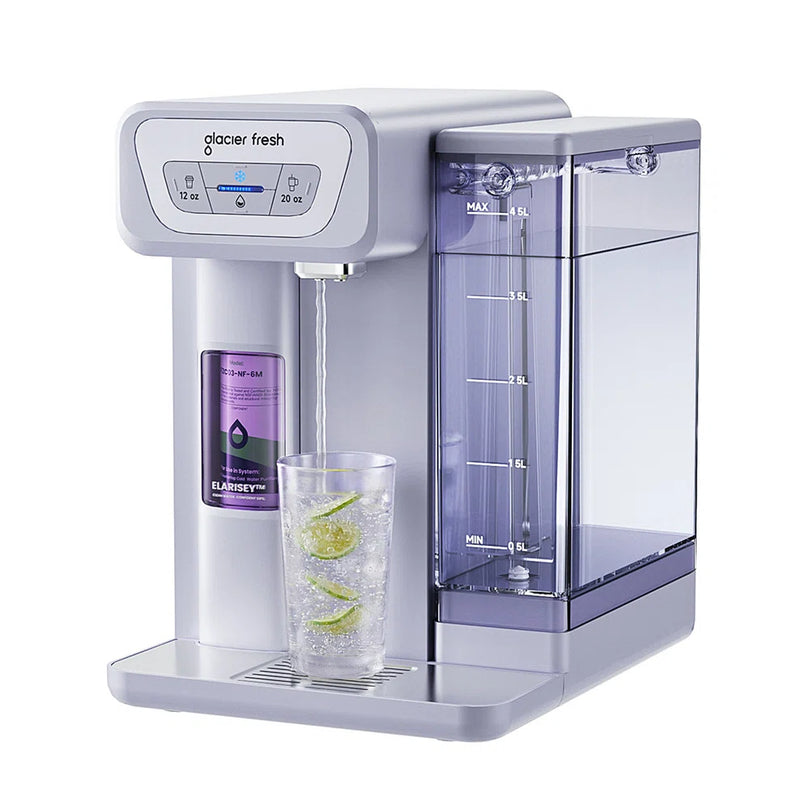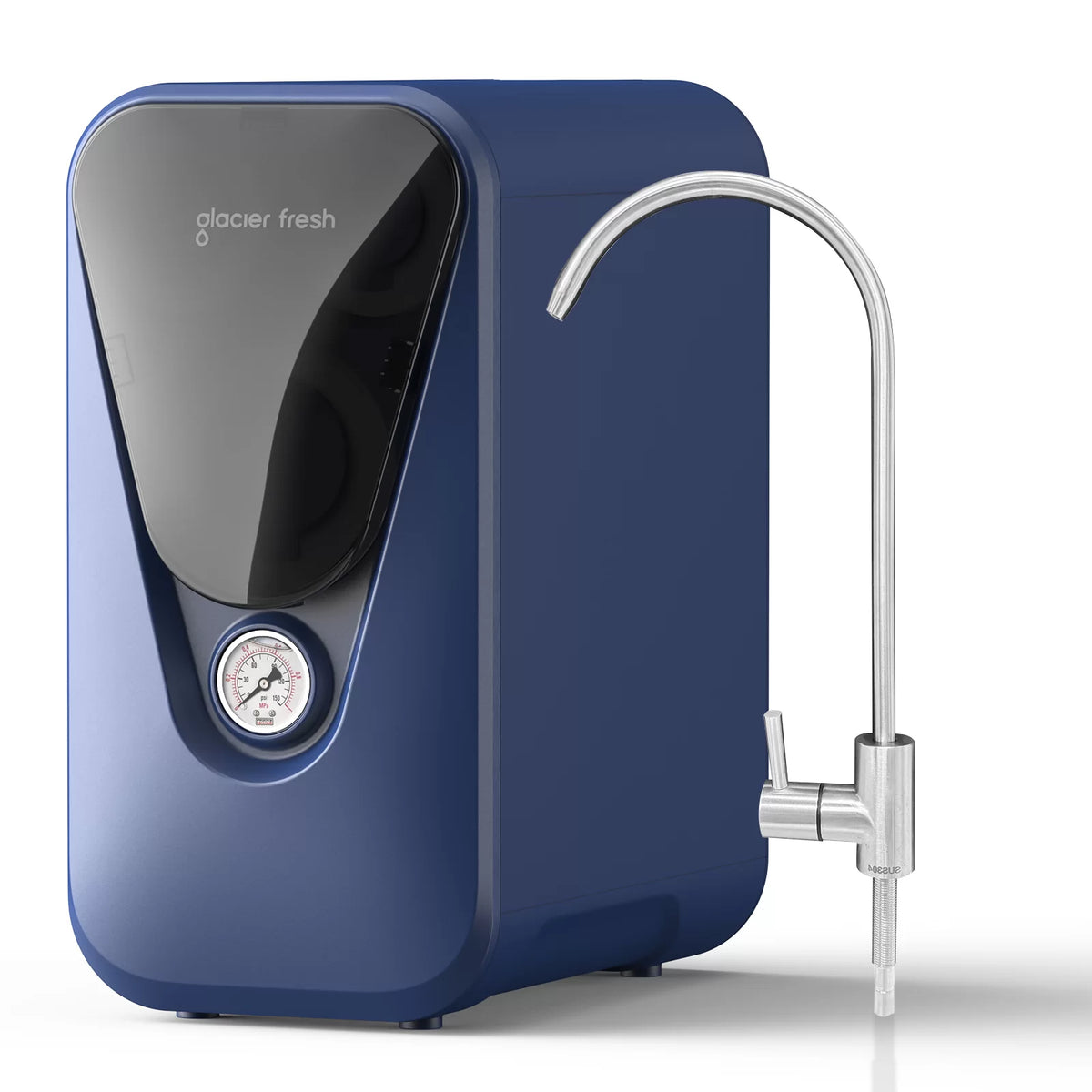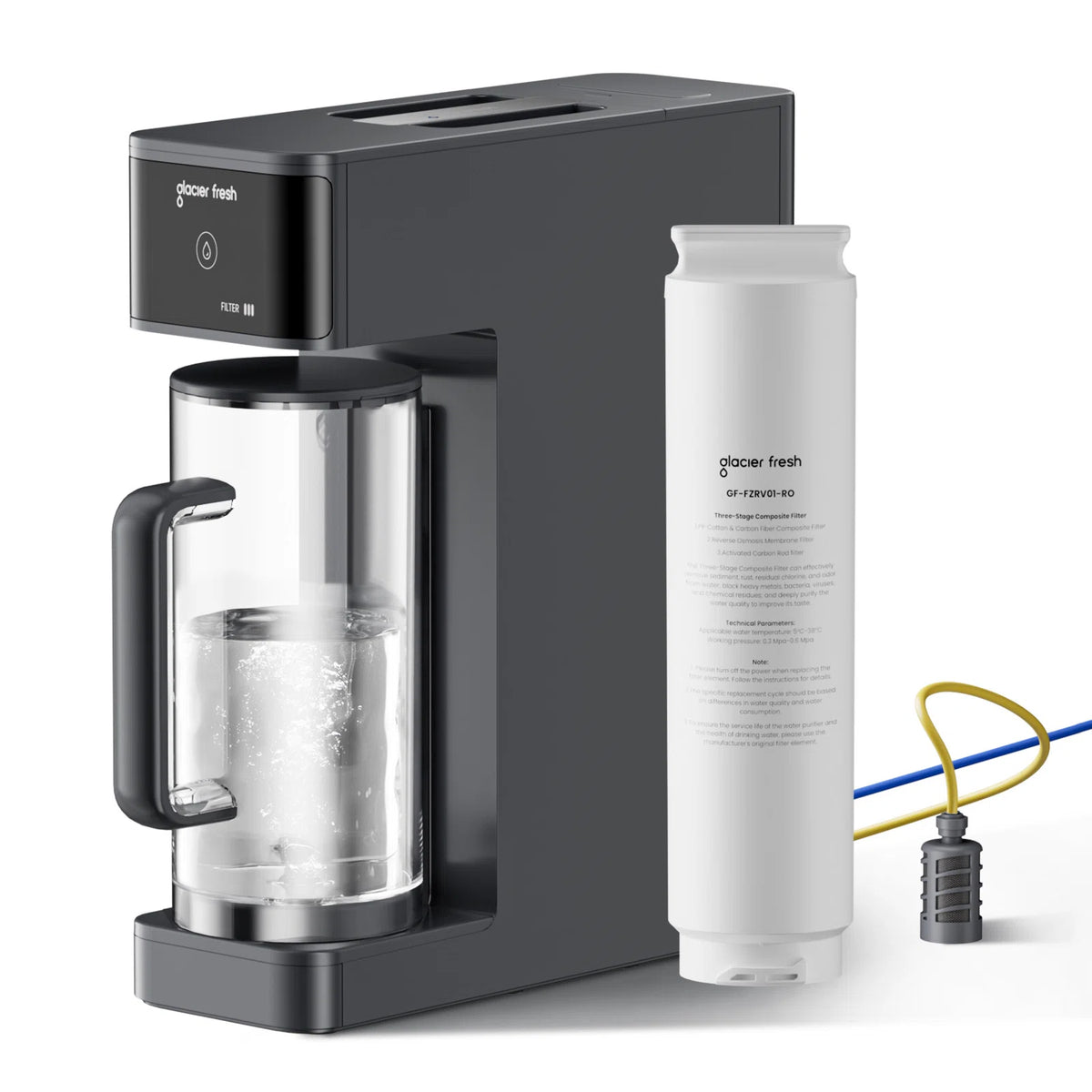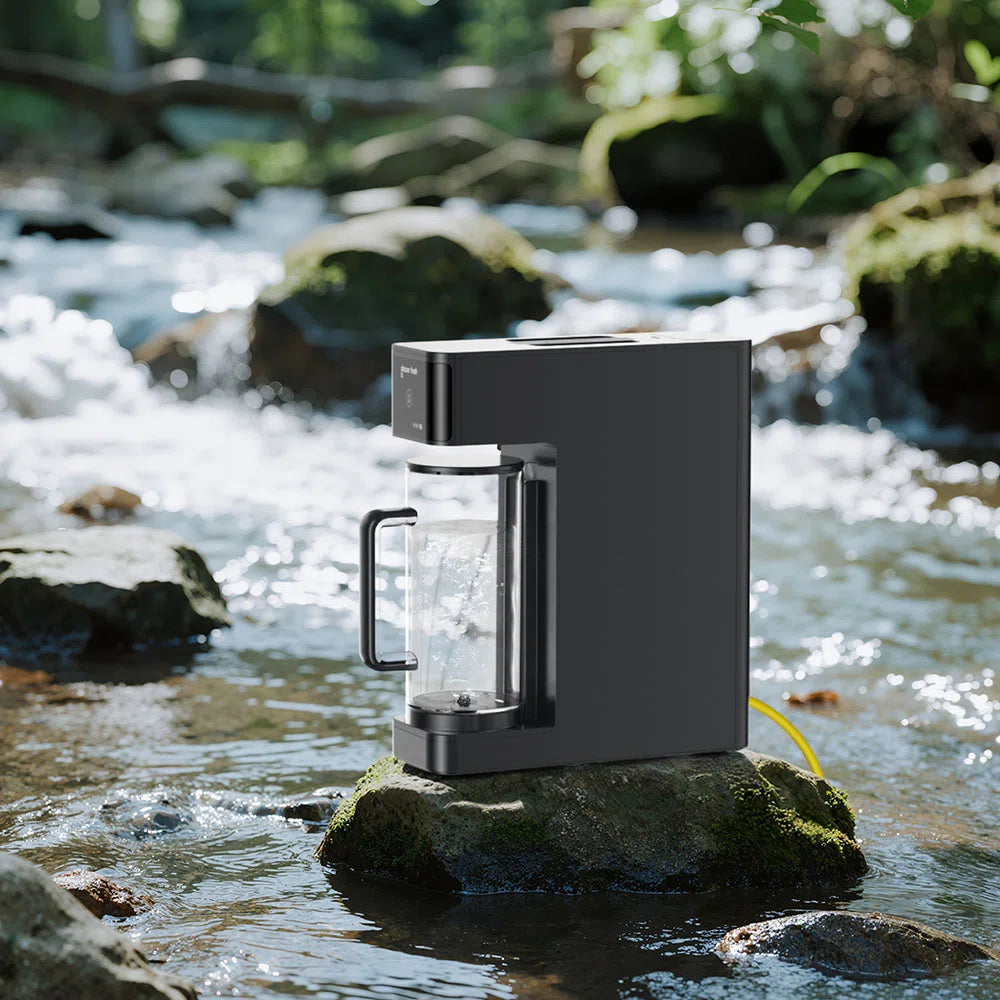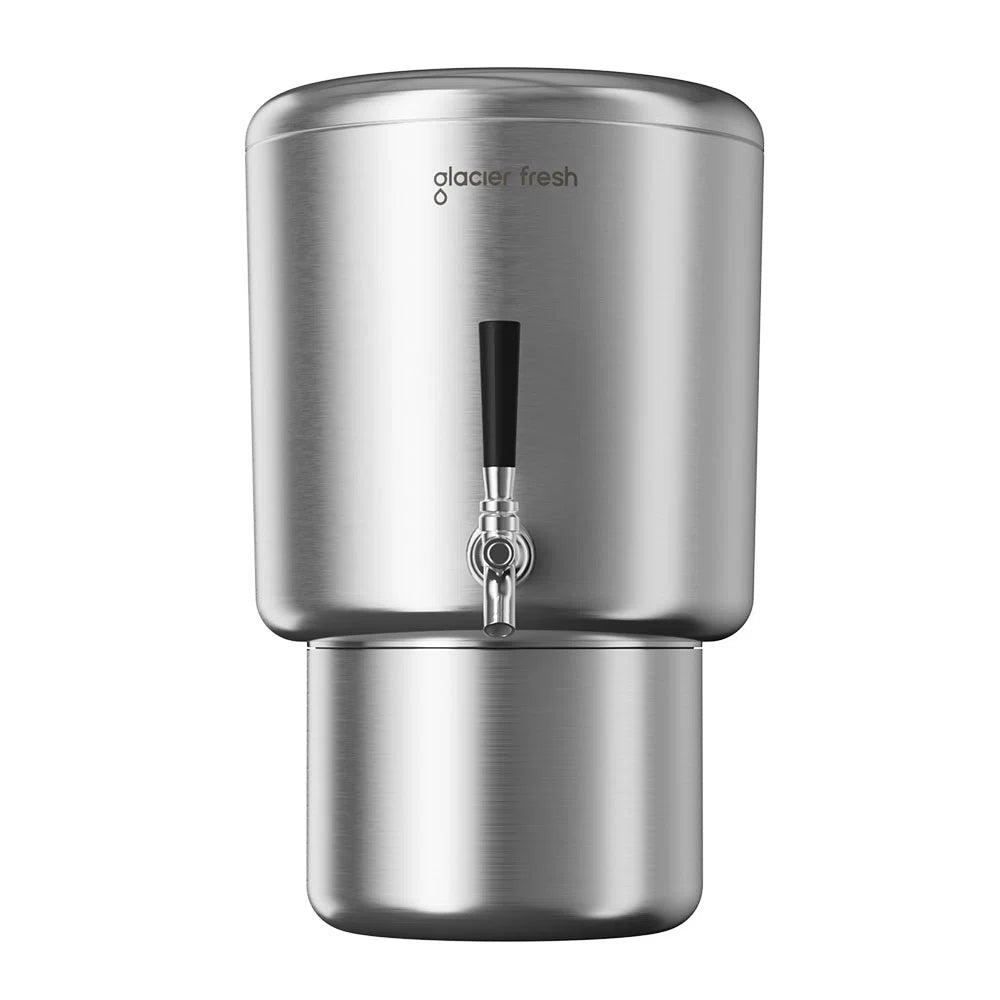Table of Contents:
Understanding the importance of hydration
The role of water in the body
Factors affecting your daily water needs
The hydration equation: calculating your daily water needs
Tips and strategies for meeting your daily water needs
FAQs
Conclusion
Staying hydrated is essential for maintaining good health and overall well-being. Proper hydration ensures your body functions optimally, supports digestion, regulates body temperature, and helps transport nutrients to your cells. However, each person's water needs vary based on activity level and climate. This is where the hydration equation comes in - a simple yet effective way to calculate your daily water needs.
Understanding the importance of hydration

Stay hydrated to maintain optimal bodily functions and overall health. Hydration benefits are numerous, from regulating body temperature to aiding digestion and nutrient absorption. Water balance is crucial for various physical processes, including circulation, waste removal, and joint lubrication.
To ensure you're getting the optimal intake of water, it's recommended to drink at least eight 8-ounce glasses per day, but individual needs may vary based on factors such as activity level and climate. Proper hydration supports your immune system, cognitive function, and physical performance. If left unchecked, dehydration can lead to fatigue, headaches, and even more severe complications. Staying adequately hydrated can improve your energy levels, mood, and overall well-being.
The role of water in the body
The function of water in the body
Water is crucial to your body's overall function and health as a key component of various physiological processes. Maintaining water balance is essential for proper cellular hydration and electrolyte regulation. Water helps transport nutrients and oxygen to cells, regulate body temperature, cushion joints, and protect sensitive tissues. In terms of water balance, your body constantly loses fluids through breathing, sweating, and digestion, emphasizing the need to replenish these losses through adequate hydration.
The impact of dehydration on the body
When your body doesn't have enough water, dehydration can result in mild symptoms like dry mouth and fatigue and severe issues such as kidney stones and heatstroke. Even mild dehydration can impair physical and cognitive performance. Your body constantly loses water through breathing, sweating, and restroom use, underscoring the importance of replenishing fluids.
Factors affecting your daily water needs
Activity level: How does physical activity affect hydration requirements?

Staying physically active significantly influences how much water your body needs to hydrate properly. Hydration during exercise is crucial to maintain optimal physical performance and support exercise recovery.
When you engage in physical activities, your body temperature rises, and you sweat more, leading to fluid loss. Proper hydration during exercise helps regulate your body temperature, prevent fatigue, and improve overall performance.
Dehydration can impair physical capabilities, decrease endurance, and hinder muscle recovery after exercise. To ensure you stay hydrated during physical activity, it's essential to drink water before, during, and after your workout sessions.
Metabolic rate: How your body`s energy production relates to hydration
Understanding how your body's metabolic rate influences hydration levels is crucial for determining your daily water needs. Your metabolic rate, which refers to the energy expenditure required for bodily functions at rest, is significant in maintaining hydration balance. As your metabolic rate increases, so does your body's need for water to support energy production and waste removal.
Metabolic efficiency also impacts hydration levels. When your metabolism functions efficiently, your body can convert food into energy and eliminate waste products, requiring adequate water intake to support these functions. On the other hand, if your metabolic rate is compromised, it can affect your body's ability to regulate hydration, potentially leading to imbalances.
Body weight: Why weight matters for hydration
Weight is crucial in determining daily water needs and overall hydration levels. Your body weight influences how much water you should consume daily. Heavier individuals typically require more water to stay adequately hydrated than those with lower body weights. This is because water retention, which can be influenced by weight management, varies among individuals and can impact hydration levels.
Maintaining a healthy weight is essential for overall health and proper hydration. Being overweight can lead to increased water needs due to a higher metabolic rate and greater water loss through activities like sweating. On the other hand, being underweight may result in lower water requirements as there's less body mass to hydrate.
Climate: How do temperature and humidity impact hydration needs?

Consider how temperature and humidity levels directly influence the water your body requires daily to maintain proper hydration. Hydration balance is crucial for your body's well-being, and factors like temperature regulation and humidity significantly determine your daily water needs. In hot and humid climates, your body tends to sweat more to cool down, increasing water loss. This heightened fluid loss means replenishing your body's water stores more frequently to stay adequately hydrated. To illustrate the impact of temperature and humidity on hydration needs, let's break it down into a table:

Health conditions: Certain medical conditions that influence hydration
Managing your daily water intake becomes even more crucial when navigating certain medical conditions directly impacting hydration levels. When considering your hydration needs, understanding how medicinal influences, dehydration risks, and health considerations play a role is essential.

The hydration equation: calculating your daily water needs
Determining baseline water intake
A general guideline is to aim for about 3.7 liters (or about 15.5 cups) of total water intake per day for men and 2.7 liters (or about 11.5 cups) for women, including water obtained from beverages and food. However, this can vary depending on individual factors. Adjustments may need to be made based on your specific circumstances. Listening to your body's signals for thirst and paying attention to urine color is essential, as these can provide valuable insights into your hydration status.
Adjusting water intake for activity level
Hydration strategies should be tailored to your activity levels as they significantly impact how much water your body needs. Engaging in physical activities like running, cycling, or playing sports increases your water requirements due to the additional fluid losses through sweat. To compensate for these losses, it's essential to make appropriate water intake adjustments.
Your body temperature rises when you're more active, increasing sweat production and fluid needs. Failing to replenish lost fluids can result in dehydration, affecting your performance and overall well-being. Remember to drink water before, during, and after exercise to prevent this. Pay attention to signs of dehydration, such as dry mouth, dark urine, or fatigue, and adjust your water intake accordingly.
Considering climate and environmental factors
Climate adaptation and hydration strategies play a significant role in determining your hydration needs. Environmental influences can also impact your water consumption, affecting how much water your body requires to stay hydrated. To better understand how climate and environmental factors influence your hydration needs, consider the following table:

Adapting to individual factors and health conditions
Customized recommendations tailored to your needs are crucial for maintaining optimal hydration levels. Personalized hydration plans should consider specific health considerations such as age, weight, gender, and medical conditions. By incorporating tailored strategies into your daily routine, you can ensure that you meet your body's specific hydration needs.
Health conditions like diabetes, kidney disease, or heart conditions may require adjustments to your fluid intake. It's essential to consult with a healthcare provider to develop a hydration plan that addresses these specific conditions.
Tips and strategies for meeting your daily water needs

Implement practical tips and strategies for meeting your daily water needs to stay adequately hydrated throughout the day. Hydration strategies are vital to maintaining optimal health and performance.
Start your day with a glass of water to kickstart your hydration. Always keep a water bottle with you to encourage regular sipping and meet your water intake goals. Additionally, infuse your water with fruits or herbs for added flavor to enhance your drinking habits. Monitor your urine color; a pale yellow hue indicates proper hydration. Set phone reminders or apps to track and prompt your water intake. Make it a habit to drink water before, during, and after exercise to replenish lost fluids.
Hydration tips include consuming water-rich foods like cucumbers and watermelon. Lastly, consider your environment's temperature and humidity to adjust your water intake accordingly.
FAQs
How does alcohol consumption impact hydration levels?
Drinking alcohol can increase dehydration risks. To maintain water balance, consider hydrating before and after social drinking. Be mindful of how alcoholic beverages affect your hydration levels, and remember to drink water alongside your drinks.
Can drinking other beverages count towards my daily water intake?
Yes, other beverages like tea and coffee can contribute to your daily water intake, but water is still the best choice. Due to its sugar content, soda may not hydrate as effectively as water.
Conclusion
So remember, to stay properly hydrated, you need to consider your activity level and your climate. Calculating your daily water needs using the hydration equation ensures you're giving your body the right amount of water it needs to perform at its best. Stay active, stay hydrated, and enjoy the benefits of proper hydration on your overall health and well-being. Cheers to staying hydrated!







